Over the past 500 years, native peoples experienced the global expansion of European nations. British decedents used treaties with native peoples to settle the land in the U.S. and New Zealand. However, those two countries ultimately developed different relationships between their colonizing and indigenous peoples. Differences in negotiations before 1815 in the U.S. and 1872 in New Zealand influenced this outcome, particularly how each adapted to change.
Negotiation starts with preparation, requires engagement, and leads to a partnership. It subtly interweaves language, culture, and problem-solving. However, the pathway is not straight; it is dynamic, even circular.
The deciding stage of negotiation is change assessment. The penultimate step of that is review. Review leaps back to preparation and forward to partnership. Valuable, enduring agreements don’t exist without critique.
Alternative Solutions to Ownership
Early on, native peoples and Europeans negotiated based upon interdependency and as equal sovereigns. They had comparable leverage. However, the cultures differed significantly in the perception of ownership. Native peoples regarded land as animate and owning itself. Europeans claimed ownership as defined by borders. Native peoples negotiated the problem of mutual access while living together; Europeans sought to deny access. Each failed to discern each other’s interests and bargained to resolve two different questions.
Finding a mutually agreeable solution to a pressing problem requires understanding the interests that underlie a position. One negotiation task is to discern between the two; the other is to understand the base motivations.
Interests are as varied as people. Even if visible positions are similar, the farther apart unspoken interests lie, the less likely a partnership. Time is the enemy: the conscious effort required to assess both works for and against success.
Crossed Cultures of Purpose
Alternative views arose from different cultural filters or frameworks concerning treaty purposes. Treaties addressed both land ownership and friendship, but assumptions of reciprocity reflected opposed perceptions of each.
In long inhabited North America, conflicts over interpretation occurred over vast expanses of land and diverse gatherings of people. Settlement wars continued until the late 1870s, leaving Native Americans with sparse leverage. In confined New Zealand, the more homogenous Maori tribes aggregated into timely confederations, having settled there only 600 years earlier. Settlement wars occurred in New Zealand, but the Maori tribes retained more leverage.
Culture is our framework for understanding the world around us. It occurs within a mind, between people, and amongst groups. Some frames center on cooperation (win-win) and others on competition (win-lose).
Recognition of alternative frames of reference takes effort and time. Without such understanding, negotiation’s reciprocity of offers or grants can, and probably will, go wildly wrong. A focused, diverse negotiation team helps.
Two Languages Passing in Plain Sight
The parties also did not recognize they were using two radically different languages. Europeans pursued written documents for ratification in their hierarchies of governance. Native peoples had no written languages; they sought and established broad collaboration through dialogue.
In North America, only in 1832 did the U.S. Supreme Court establish that authorities had to interpret treaties from the perspective of oral tradition. In New Zealand, European missionaries had created a written Maori language and translated the 1840 Treaty of Waitangi. Subsequent disconnects over meaning remained fragmented in North America but erupted quickly in New Zealand.
Language is our system of transmitting information; it occurs in minds, with speech, and from script. Parties may perceive talking and writing as equivalent, but they serve very different objectives: speed versus permanence.
Speech is an intuitive skill; it is facile and fluid. Script is a taught skill; it is slow and static. Tactical dialogue proceeds smoothly. Strategic writing advances incrementally. These are very sensitive to the speed of change.
Successful Negotiation Continuously Recycles
The overall result of colonization would not have been radically different: disease, population, and technology dominated. Yet, the role of native peoples in today’s U.S. and New Zealand is remarkably different. The early capability of each native peoples to quickly discern disconnects and pursue changes influenced this difference. Fragmentation extending over time and distance frustrated the ability to recognize novel information. The passage of time preferentially favored European advantages more in the U.S. than in New Zealand.
Challenging one’s perception does not come naturally; we live within our perceptions, with our subconscious creating most of them. Assessment and review take a conscious effort to reevaluate and reconsider events.
Once negotiators reach a successful agreement, the process moves on to a new stage called implementation. Partnerships are the result of repeated preparation and engagement. Negotiation’s cyclic activities build value and duration.
Sometimes the problem you are trying to solve isn’t the real one! ((CAUTION: swearing)) https://youtu.be/eJR2oAOSOEg

